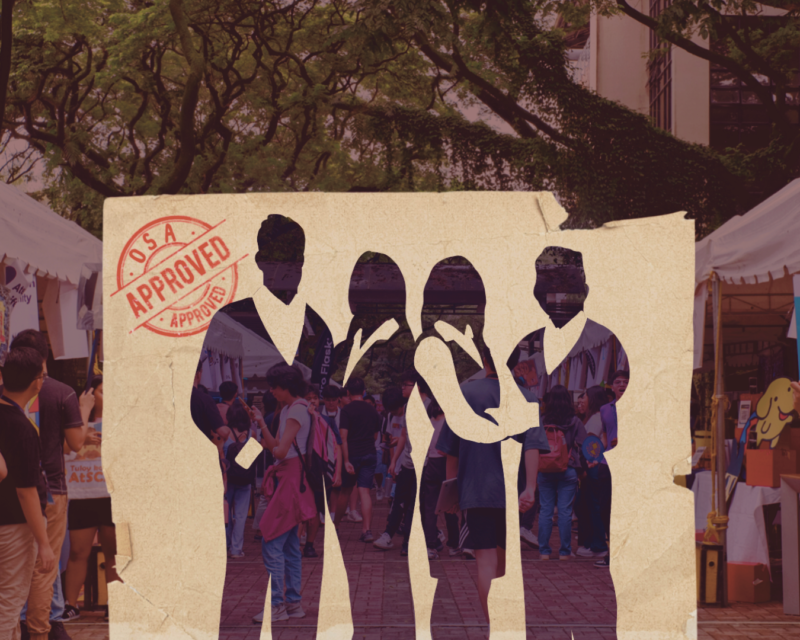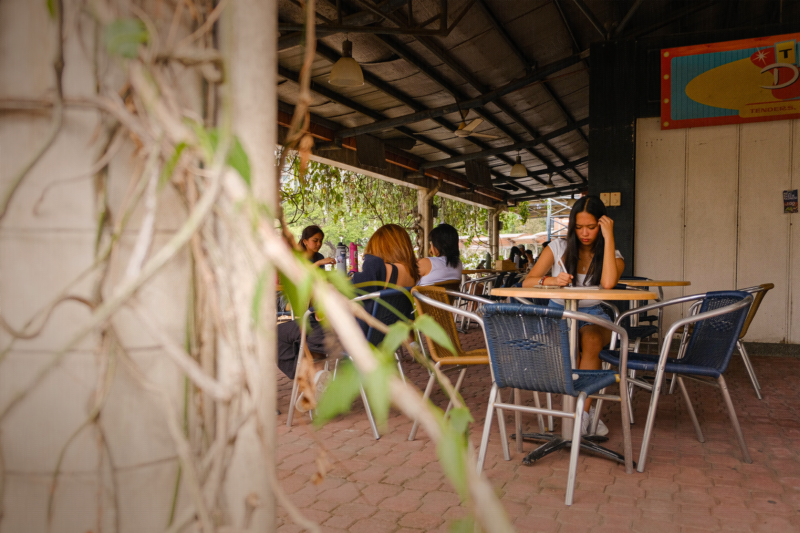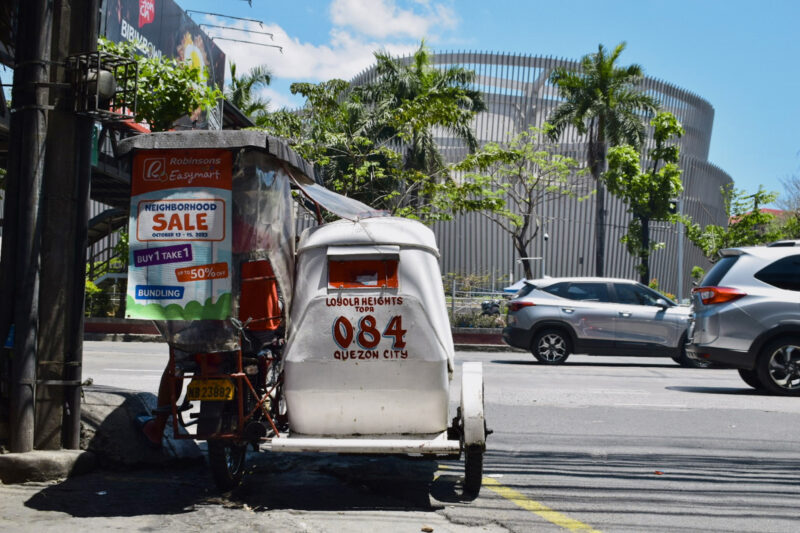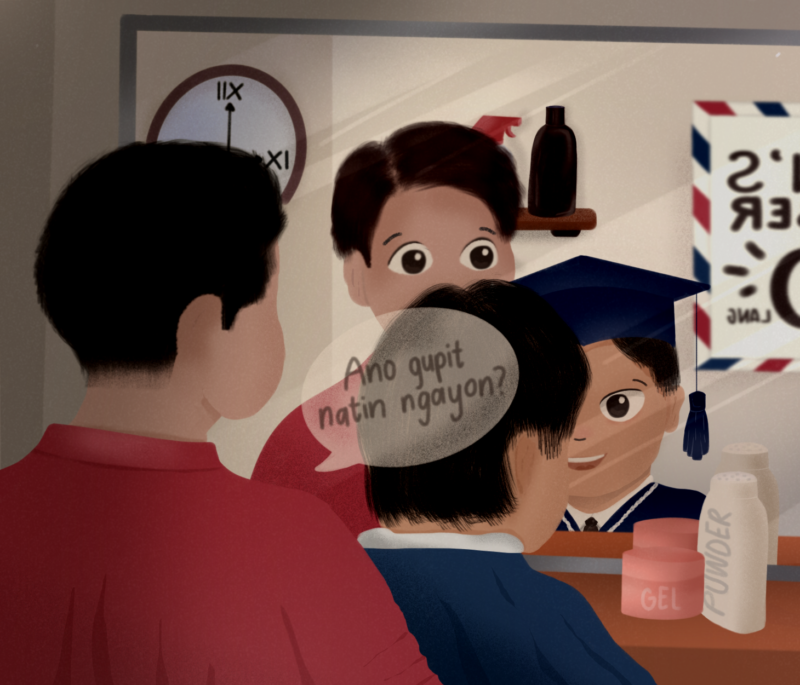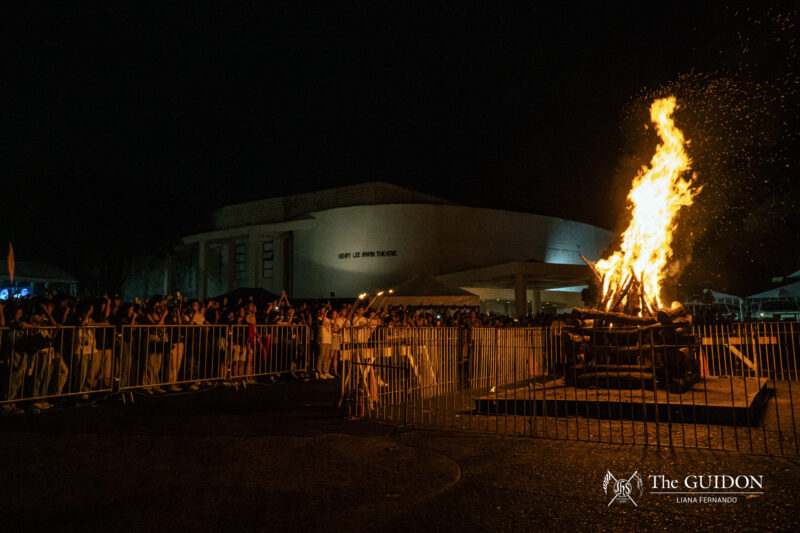PARTY POLITICS has proven to be a key piece in the University’s student political arena by introducing new names and faces ready to serve the community. Through their active involvement in campus elections and various socio-political events, political parties have undoubtedly shaped Atenean student engagement.
Unfortunately, none have lasted long enough to break the cycle of accreditation and eventual disbandment. For instance, Partido IsaBuhay IsaGawa – Agila, the oldest accredited political party in the Ateneo, dissolved in 2011 due to ideological differences and the lack of commitment from its members. Thus, the ever-changing aspect of the University’s political landscape manifests through the general lack of longevity within its party politics.
Undeterred by this challenge, various student groups have formed upon the return of onsite classes in the hopes of becoming more than just a short-lived alliance, but an active amplifying force of the student body’s voice.
Probing the process
Before any student organization can establish itself as a political party, it must undergo due process under the Ateneo Commission on Elections (COMELEC), the independent body serving as the electoral arm of the Sanggunian.
Released in 2018, the Electoral Code defines political parties as a group of students banded together by a common ideology. The responsibilities of such parties include representing the student body, expressing opinions on timely concerns, and aiding in ensuring students’ socio-political participation.
Ateneo COMELEC Chief Commissioner Arabela Roanne Pepito expounds on the roles of a political party. “They can [initiate] position papers, protests, [and] have their own education seminars. […] They’re basically an [organization] but with the intention of involving themselves in politics,” Pepito explains.
Meanwhile, Pepito clarifies that political parties are not synonymous with coalitions, which are temporary alliances created for campaign purposes and are expected to dissolve after the election proper. While only meant to be short-lived, coalitions are crucial in allowing voters to know the candidates’ values and goals, according to COMELEC Associate Commissioner for Candidate Affairs Irah Marie Agdigos.
Consequently, the official registration process for a coalition and a political party also varies. With the former only necessitating an accomplished Ateneo COMELEC Application for Coalition Formation, the latter has a more rigorous process and stringent set of rules. Aside from going through the accreditation process set by the Office of Student Activities, political parties also have to undergo inspection interviews by the Ateneo Judicial Court and COMELEC.
Amid the detailed requirements for registration, Pepito views the process as simple and efficient. “In our knowledge, there [is] no history of the process being faulty. It was just pretty straightforward—sign in, sign out,” they note.
Unveiling party politics
Throughout their two terms as Chief Commissioner, Pepito shares that there are currently no existing political parties nor has any organization applied to be recognized as such. However, the recently concluded Sanggunian elections saw several active coalitions possibly vying to be established as political parties.
One of these student groups is the Liga ng Inklusibo, Progresibo, at Demokratikong (LIPAD) Atenista, a budding political organization formed last August.
Although publicly known as a coalition, LIPAD Atenista has already initiated various activities even before this year’s election. Most notably, they provided support in the Talakayang Alay sa Bayan last November and collaborated with organizations mobilizing against the North Carpark renovation.
LIPAD Atenista President Justin Altubar elaborates on the organization’s visions on party-building, emphasizing their priority of building a coalition first. “Once we’re more organized or gain enough support and public attention, that’s when we become a party which will carry over those functions as a support system and training ground for leaders,” he explains.
Altubar adds that all the organization’s undertakings are guided by its five core principles: diversity, equality, empowerment, good governance, and active citizenship. All these ideals ultimately amount to their goal of shaping student-leaders spurring inclusive and proactive social discourse.
Also working toward developing progressive student-leaders through its secular socialist ideology is Partido Pandayan. Organizing Committee Representative Erin Chantal Aquino shares that their formation is a response to the weak sectoral representation on campus and the waning political engagement within the student body.
While Partido Pandayan intends to be recognized as an official political party, Aquino shares their struggle of meeting COMELEC’s 50-member accreditation requirement, leading them to file an appeal to lower the minimum number.
Aquino stresses that Partido Pandayan remains an advocacy group in its bid to legitimize the struggle for representation. As such, its principles focus on democracy, access to quality education, worker rights and welfare, creating safe spaces, and upholding justice and equality.
According to Aquino, maintaining this identity forwards the organization’s goal of connecting with those they represent. “It’s about building solidarity from the ground up through community engagement, learning, and acting alongside its future constituents,” she says.
Despite ideological differences, both LIPAD Atenista and Partido Pandayan share the aim of deepening their connection with the Ateneo community and amplifying their voices.
Subsequently, Political Science Instructor Beatriz Beato, MA sees the essence of political parties in articulating their constituents’ responses and principles on timely socio-political issues. She even describes political parties as vehicles for advancing advocacies. “These political parties are supposed to provide not answers, but ways forward,” she states.
However, Beato also points out that political parties may become ineffective if only a few people work on the ground. She adds that the student government’s structure can also affect spaces for concrete action, and eventually, students’ motivation to participate.
A possible reflection of this sentiment is the consistently low voter participation during the Sanggunian elections, with only this year’s voter turnout of 22.66% recorded as the highest after six years. As such, Beato mentions that political parties should be able to capture student sentiments and determine the majority’s interests.
Acknowledging this reality, Aquino emphasizes the need for integrated transparency within the Ateneo’s political arena. Furthering this notion, Altubar notes that a political party can build its worth “by showing the people how you want leadership to be done.”
Navigating inclusive politics
With constant changes occurring within the Ateneo, political organizations recognize the need for them to adapt quickly to these changes.
As LIPAD Atenista undergoes accreditation, Altubar shares the organization’s challenges, particularly in maintaining its relevance within the Ateneo. “The challenge is [to sustain] and to build on the momentum we’ve gained from the elections,” he says.
With their mandate of impartiality, COMELEC may only offer assistance and guidance through their constitution to organizations applying to be official political parties. Moreover, it is currently deciding on amending the current minimum requirement for accreditation to address the lack of on-campus political parties.
Moving forward, Beato highlights the importance of nurturing a safe space for dissent. According to her, developing such a space may require a change of structure within the student government, in which students can do more than just represent themselves, but participate meaningfully as well.
“If you really want things to change, you cannot just involve the people in your ranks. You have to engage people from outside that,” Beato shares.
By nurturing a safe space for dissent and empowering students to effect change, Ateneo can cultivate a more inclusive and dynamic political environment, both on and off-campus.
ADDENDUM: Currently, the Ateneo COMELEC is guided by the 2020 version of the Electoral Code. Last May 13, it sent an Urgent Motion to the Student Judicial Court for the approval of amendments in the said Code.


